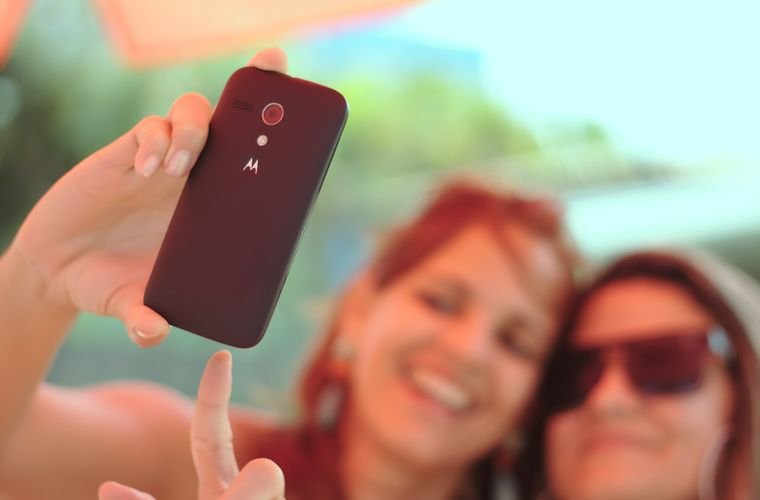Phone “selfies” are increasing the number of requests for plastic surgery, as individuals use selfie filters as a guide for what they want to change, according to research currently being carried out at UT Southwestern, where researchers have found that the link is especially evident for younger individuals, and potentially even harms their self-identity.
Background: Selfie Psychology
Since cameras were invented, taking one’s photograph has been common. There are a lot of psychological effects that happen when an individual sees themself. One study published in Psychology Today, found six motivations for people taking selfies, ranging from self-confidence to attention-seeking. Individuals may take a selfie to show others where they are, to fit in with a group, or to get “likes” on social media. All of the underlying motivations, minus self-confidence, stem from negative feelings. While individuals may judge themselves more harshly in their selfies than others, all selfies are typically shared with others, building a community of judgment as individuals use selfies to warp their sense of identity.
According to the associate professor of psychiatry at UT Southwestern, Carrie McAdams, M.D: “Adolescents and young adults are expected to develop a stable sense of self-identity, a neurodevelopmental process related to making comparisons of oneself with others. Unfortunately, selfies emphasize the physical aspects of oneself in making those comparisons and have been associated with lower self-esteem, lower mood, and increased body dissatisfaction.” This dissatisfaction comes in part due to the distorted features caused by a different camera angle.
Analysis: Nose and Chin Distortions
To study how selfies change a person’s face, researchers at UT Southern studied 30 volunteers: 23 women and seven men. The researchers took various photographs of the individual in a selfie style from different distances and angles. From their photos, they found that the selfie photos revealed significant facial distortion, making the nose look 4.3% to 6.4% longer. The chins of individuals also decreased in length by around 12%, leading to a 17% increase in the nose to chin length ratio. Most of the photographs also made the noses of individuals appear wider.
These distortions are especially important when considering how an individual’s identity is formed and how they see themselves. “If young people are using selfies as their only guide, they may be coming to plastic surgeons to fix problems that don’t exist except in the world of social media,” explained study leader and associate professor of plastic surgery at UT Southwestern, Bardia Amirlak, M.D. From his own work, he has seen more individuals use selfie photographs to discuss their goals of plastic surgery.
Outlook: More Selfies, More Surgery
Amirlak has also found a definitive link between the increase in selfie photographs and the increase in requests for rhinoplasty, or plastic surgery on the nose. This link is especially evident for younger individuals. The study authors are worried about their results and hope to give a general warning about the accuracy of selfies. “As the popularity of selfie photography increases,” the paper stated, “it is crucial to understand how they distort facial features and how patients use them to communicate.”
Kenna Castleberry is a staff writer at the Debrief and the Science Communicator at JILA (a partnership between the University of Colorado Boulder and NIST). She focuses on deep tech, the metaverse, and quantum technology. You can find more of her work at her website: https://kennacastleberry.com/

